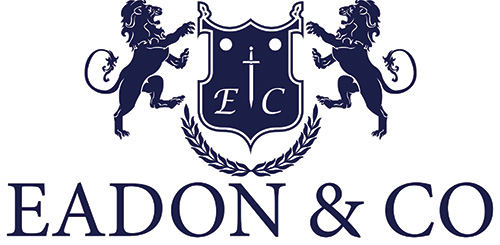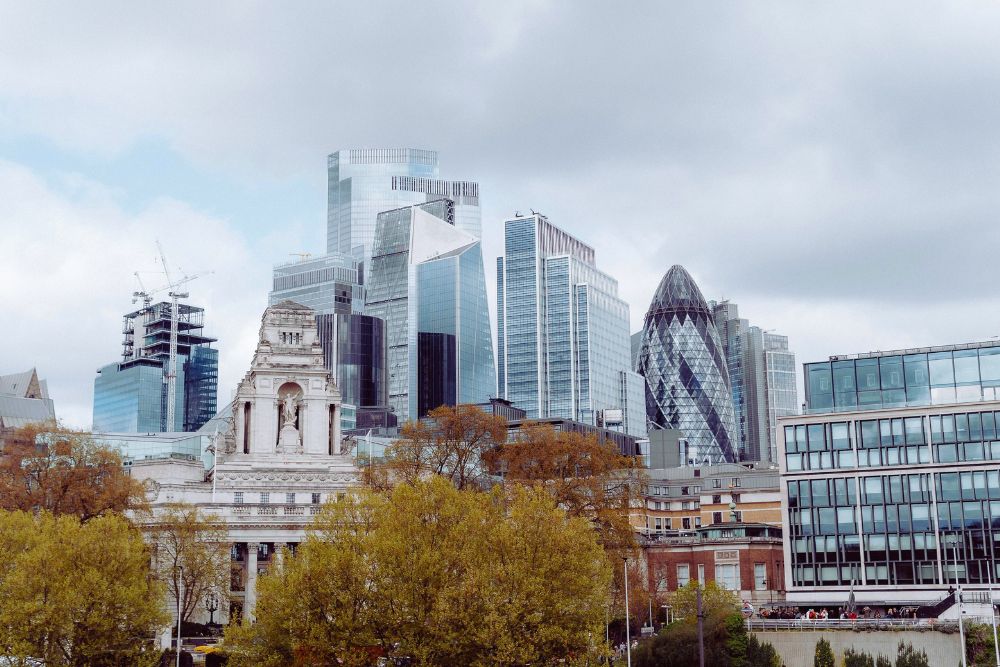The UK economy failed to bounce back post-election despite economists’ predictions, with Office for National Statistics (ONS) data showing activity remained stagnant throughout July for a second consecutive month.
GDP showed no growth after a similar pause in June, despite the economy growing by 0.5% in the three months to July.
This underperformance, particularly during Labour’s initial period in office, surprised markets, which had forecast a 0.2% increase for the month.
Earlier in 2024, the economy grew by 0.7% in the first quarter and 0.6% in the second, but the latest figures suggest that the recovery from a mild recession in late 2023 has faltered.
Chancellor Rachel Reeves said: “I am under no illusion about the scale of the challenge we face and I will be honest with the British people that change will not happen overnight. Two quarters of positive economic growth does not make up for 14 years of stagnation.”
The prolonged stagnation has also led to expectations that the Bank of England may cut interest rates for the second consecutive time when policymakers meet on 19 September.
Economist Ruth Gregory, from think tank Capital Economics, commented: “For now, we are sticking to our view that the Bank of England will keep interest rates unchanged in September before cutting rates again in November.
“But today’s data has made an interest rate cut next Thursday a bit more likely.”
Of the three main sectors of the economy, only services saw growth in July, expanding by 0.1%. Manufacturing and construction both declined, with production falling 0.8% and construction down 0.4%.
The ONS attributed the slight growth in services to sectors like computer programming and healthcare, which recovered from strike action in June. However, manufacturing suffered due to poor performance in car and machinery production.
ONS Director of Economic Statistics, Liz McKeown, said: “July’s monthly services growth was led by computer programmers and health, which recovered from strike action in June. These gains were partially offset by falls for advertising companies, architects and engineers.
“Manufacturing fell, overall, with a particularly poor month for car and machinery firms, while construction also declined.”
Economists had previously expected June’s slowdown to be temporary, driven by political uncertainty. However, the extended period of stagnation is raising concerns.
Investment strategist Lindsay James warned that Labour’s budget next month should be cautious, particularly regarding tax policy, to avoid discouraging investment. Anna Leach of the Institute of Directors emphasised the need for growth-supporting policies and a stable tax system to boost business confidence.
Source: Elliot, Larry. The Guardian. September 2024. https://www.theguardian.com/business/article/2024/sep/11/uk-economy-unexpectedly-flatlines-for-second-month-in-row.

